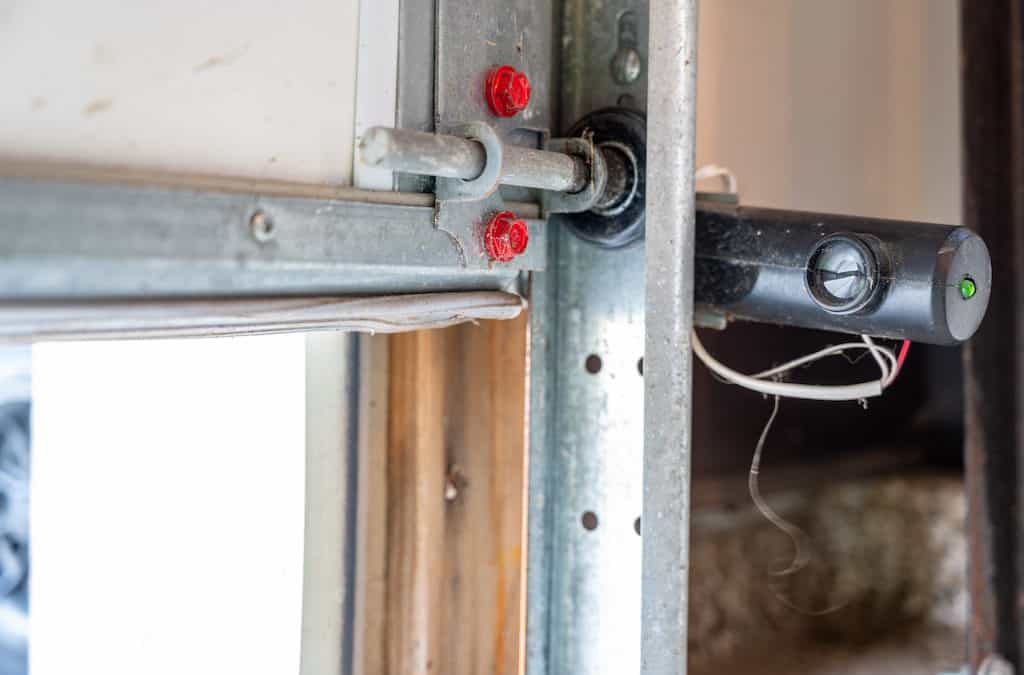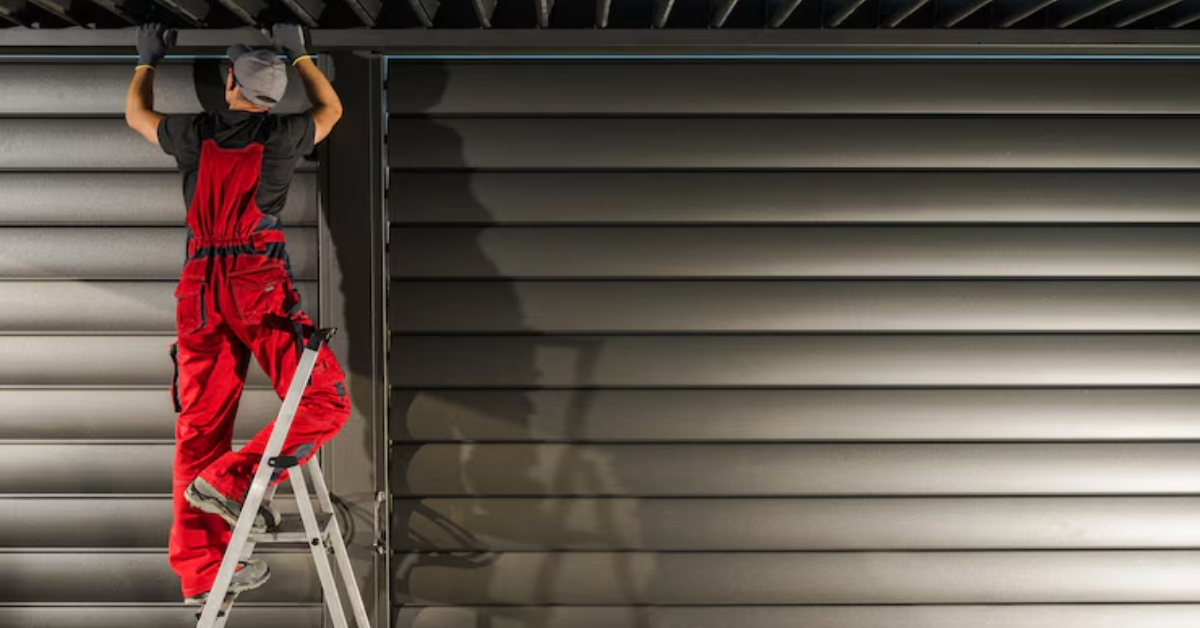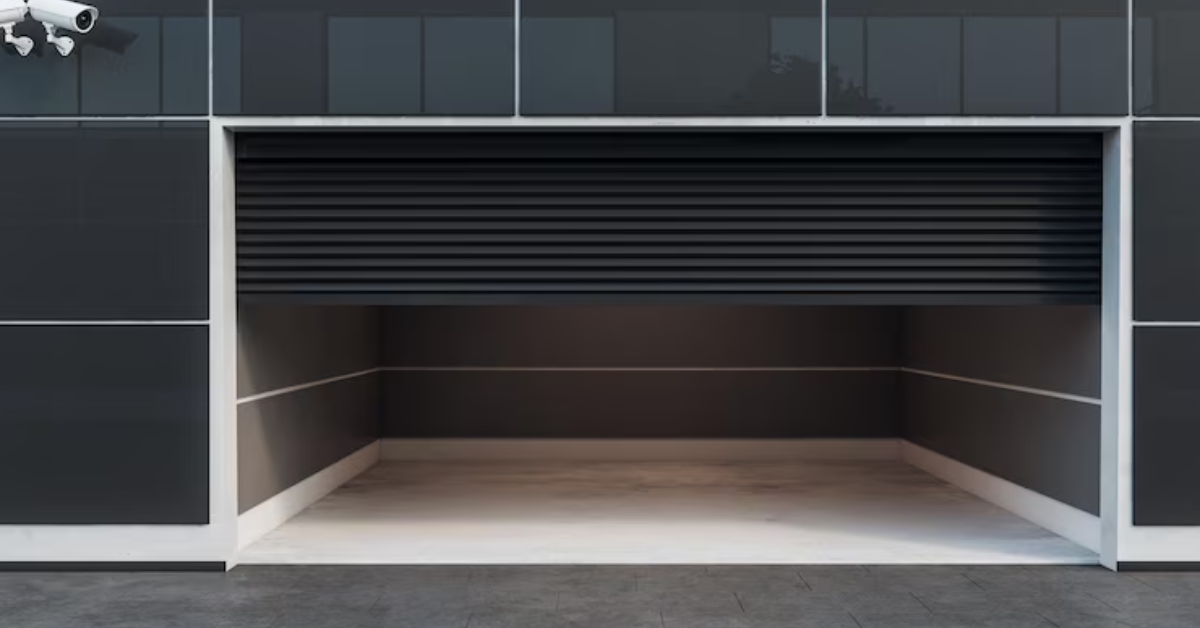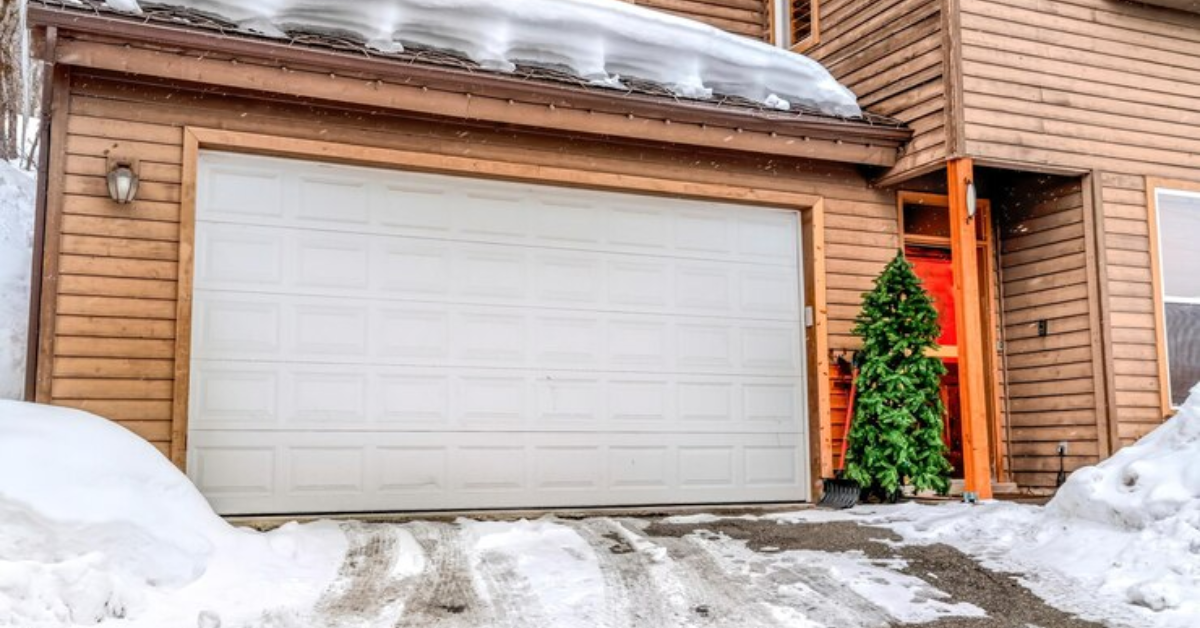How to Tell if You Need to Replace Your Garage Door Sensor
How to Tell if You Need to Replace Your Garage Door Sensor

It is likely that if you are not paying close attention to your garage door, you will overlook the warning indications that certain parts need to be changed. Some are even barely hanging on and are already steadily causing trouble, if not catastrophe.
If you believe that your garage door is no longer functioning as it should, it may be time to analyze what sections require repair so that you may avoid spending money on parts that are still usable.
Jump to:
1. What is the purpose of a garage door sensor?
2. How can I tell if my garage door sensors are out of alignment?
3. Broken Garage Door Sensors
4. How much does it cost to replace garage door sensors?
What is the purpose of a garage door sensor?
When they are damaged, garage door sensors are a garage door component that is frequently disregarded. In fact, it's possible that the majority of garage door owners are unaware that their garage doors have such parts.
In the early 1990s, garage door safety became more crucial. Garage doors are required by law to have sensors that prevent any obstructions from being trampled by the garage door. When the sensor notices something is in the way, it prevents the garage door from shutting. If you had left something in the path, such as a trash can, you might have seen this. Your garage door hesitates to close when the garage door light blinks.
Broken Garage Door Sensors
If your garage door won't close no matter how hard you push the buttons on the door or the remote, this may be a sign that your garage door sensors are damaged. Even if your garage door starts to close, it will stop in the middle and return to the open position or become stuck halfway through opening or closing.
When the aforementioned incident occurs with your garage door, it suggests that you might be experiencing problems with the sensors. However, even while this is a possibility and could also be brought on by, among other things, faulty garage door springs, it may not always imply that your garage door sensors require replacement. As they gather dirt over time, sometimes cleaning is all that's necessary
Garage door sensors have exterior LED. After some time, the screws that tend to keep your garage door sensors in place loosen causing misalignment between the sensors. If you encounter a blinking LED light, then the solution is to simply tighten the screws holding it into place if not bending the bracket that holds it to keep it in position.
Garage door wirings that are attached to your sensors could also cause your sensors to malfunction. For this, if you are not familiar with your garage door system then it is better to leave this to your garage door experts. Attempting to fix this on your own may just cause more severe damage to your garage doors sensors that may be a danger to you or your family.
How much does it cost to replace garage door sensors?
Here is how much it will cost to replace garage door sensors if yours are damaged or broken. It will cost between $80-$100 in addition to installation. It is recommended to have garage door sensors installed by a professional. A garage door sensor installation normally costs roughly $180. It's crucial to keep your sensors maintained after installation. If they are in an area with a lot of dirt, be careful to clean them. This will keep your sensors operating at peak efficiency. Additionally, don't be afraid to ask your installation specialist about sensor maintenance and alignment. Depending on the model you bought, they can help advise you on how to take care of your new sensors.
In need of garage door repair?
Fix N Go Service is your trusted garage door service provider. They can easily fix your garage door sensors anytime you call. Their years of experience allow them to move efficiently and accurately when it comes to any type of garage door trouble. So any time you call, expect them to finish troubleshooting while you wait.
There is no need for you to replace any garage door parts if you could help it. Fix N Go Service knows this and will not take advantage of you. Their service is well-known to be provided at a reasonable cost keeping them popular with their clients over time. This helped built their reputation in the industry, causing a massive increase in their legion of happy customers.
A1 Garage Door Service has a team of professionals ready to run at your door every time you call. They recognize emergency cases and are sure to respond to any garage door situation 24/7. No problem is too big or too small for them. When you call, expect them to be there. That is A1 Service for you.
For all your garage door concerns, call Fix N Go Service now at Houston (832) 400 2992 Austin (512) 543-7324.




